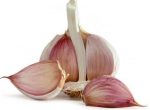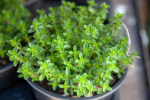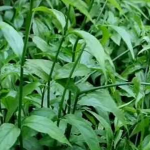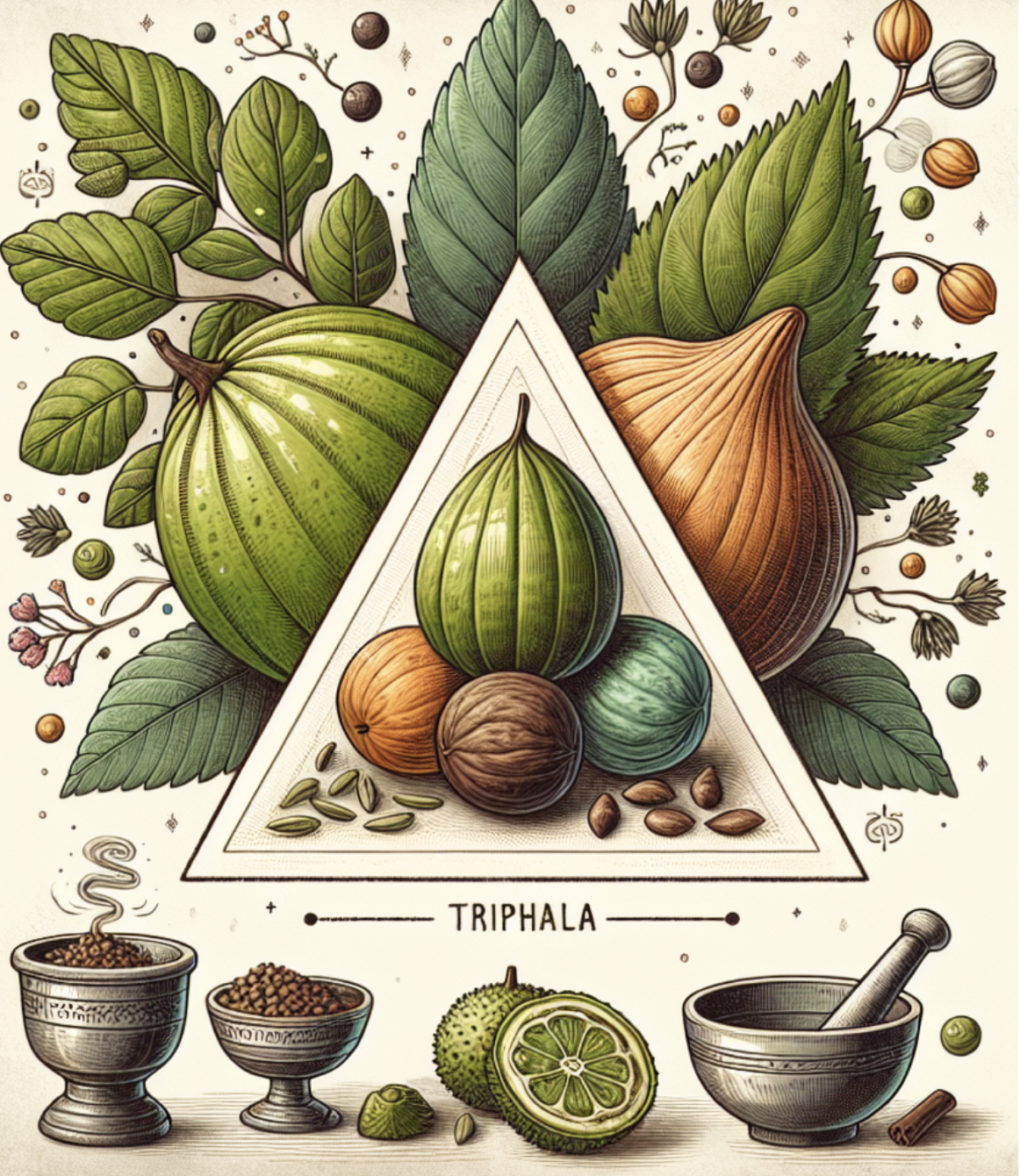The Surprising Discovery of Harmal in Iron Age Arabia
In a groundbreaking archaeological revelation, researchers have unearthed new evidence suggesting that the people of Iron Age Arabia engaged in the intentional use of plants with psychoactive and medicinal properties. A recent study conducted by the Max Planck Institute for the Science of Human History has identified traces of the Harmal plant—also known as Peganum harmala—in burial sites in present-day southeastern Arabia, dating back to approximately 500 BCE.
This astonishing finding marks the earliest known use of a psychoactive plant in the region and lends profound insight into ancient cultural practices involving plants for therapeutic or spiritual purposes.
What is Harmal?
Peganum harmala, typically referred to as Harmal, Wild Rue, or Syrian Rue, is a flowering plant native to arid regions of the Middle East and Central Asia. It has been used for centuries in traditional medicine and spiritual rituals due to its psychoactive properties.
The plant contains harmala alkaloids, which have strong monoamine oxidase inhibitor (MAOI) effects, capable of altering human perception when ingested. Until recently, experts believed the structured use of such plants was more characteristic of South Asia and the Americas. However, this new research reshapes our understanding of plant-based knowledge in ancient Arabia.
How Researchers Made the Discovery
Using advanced methodologies such as gas chromatography-mass spectrometry (GC-MS), archaeologists discovered residue traces of Harmal in funerary incense burners found at an Iron Age cemetery in modern-day northern Oman. These scientific techniques allowed the team to:
- Confirm the plant’s chemical signature within the burial artifacts
- Date the use of the plant back to over 2,500 years ago
- Establish its likely ceremonial usage linked to spiritual or medicinal rituals
The meticulous sourcing and analysis confirmed that Harmal was not introduced post-burial but had a significant role in the original ritual practices of the time.
Cultural and Spiritual Significance
The presence of Peganum harmala in burial sites suggests a deeper cultural dimension. Rather than merely being a form of traditional medicine, its use in funerary contexts signals a spiritual or ritualistic importance. In many cultures, the inhalation or burning of psychoactive plants is often believed to unite humans with the divine or the spiritual realm, and this discovery suggests Iron Age Arabian societies may have shared similar beliefs.
In fact, this use aligns with modern practices in various Middle Eastern and Central Asian traditions where Harmal is burned for protection against the “evil eye” or to bless the dead.
Implications for Future Research
This discovery opens exciting new avenues in the field of archaeobotany and ancient pharmacology. It raises significant questions:
- How widespread was the use of psychoactive plants in ancient Arabia?
- Were these plants traded across early desert trade routes?
- What other medicinal plants were in use that remain undiscovered?
Continued interdisciplinary research will be crucial in uncovering the roles different plants played in Iron Age societies across the Arabian Peninsula and beyond.
Learn more about the medicinal properties of:
Resource Links:





















